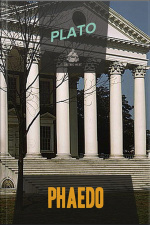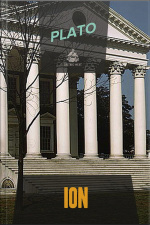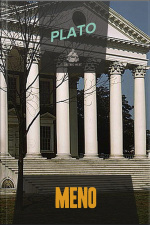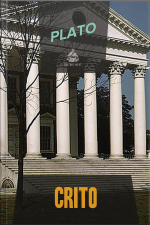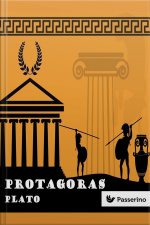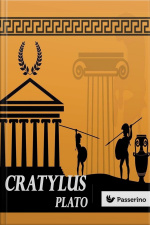The Euthydemus, though apt to be regarded by us only as an elaborate jest, has also a very serious purpose. It may fairly claim to be the oldest treatise on logic; for that...
The Seventh Letter touches upon a variety of themes, not always in an organized fashion. It is by far the longest of the epistles of Plato and gives an autobiographical account of...
After an interval of some months or years, and at Phlius, a town of Peloponnesus, the tale of the last hours of Socrates is narrated to Echecrates and other Phliasians by Phaedo...
The Ion is the shortest, or nearly the shortest, of all the writings which bear the name of Plato, and is not authenticated by any early external testimony. The grace and beauty...
Of all the works of Plato the Symposium is the most perfect in form, and may be truly thought to contain more than any commentator has ever dreamed of; or, as Goethe said of one...
This Dialogue begins abruptly with a question of Meno, who asks, 'whether virtue can be taught.' Socrates replies that he does not as yet know what virtue is, and has never known...
The Crito seems intended to exhibit the character of Socrates in one light only, not as the philosopher, fulfilling a divine mission and trusting in the will of heaven, but simply...
Euthydemus, written c. 384 BC, is a dialogue by Plato which satirizes what Plato presents as the logical fallacies of the Sophists.In it, Socrates describes to his friend Crito a...
Protagoras is a dialogue by Plato.Plato (424/423[b] – 348/347 BC) was a philosopher in Classical Greece and the founder of the Academy in Athens, the first institution of...
Plato's Cratylus is a dialogue about the correctness of namesPlato (424/423 – 348/347 BC) was a philosopher in Classical Greece and the founder of the Academy in Athens,...


